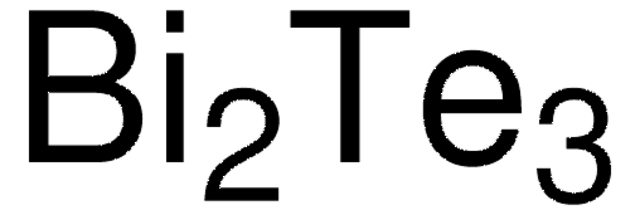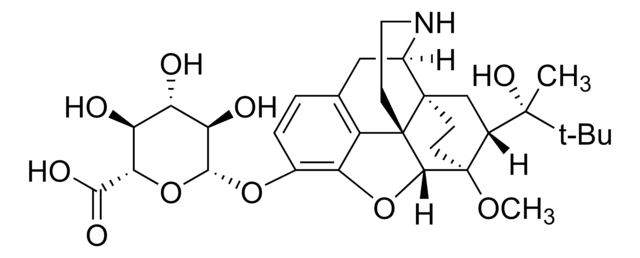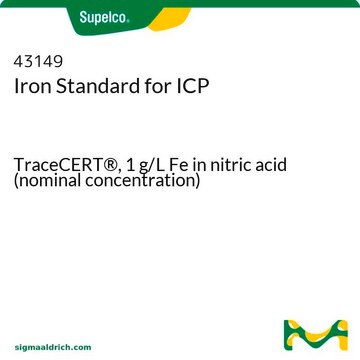About This Item
Recommended Products
form
powder and chunks
Quality Level
greener alternative product characteristics
Design for Energy Efficiency
Learn more about the Principles of Green Chemistry.
density
8.5 g/mL at 25 °C (lit.)
greener alternative category
, Enabling
SMILES string
[Ag][Te][Ag]
InChI
1S/2Ag.Te
InChI key
YRXWPCFZBSHSAU-UHFFFAOYSA-N
Related Categories
General description
Application
Storage Class
11 - Combustible Solids
wgk_germany
WGK 3
flash_point_f
Not applicable
flash_point_c
Not applicable
ppe
Eyeshields, Gloves, type N95 (US)
Certificates of Analysis (COA)
Search for Certificates of Analysis (COA) by entering the products Lot/Batch Number. Lot and Batch Numbers can be found on a product’s label following the words ‘Lot’ or ‘Batch’.
Already Own This Product?
Find documentation for the products that you have recently purchased in the Document Library.
Articles
Thermoelectric materials comprise a wide range of solid compounds distinguished by their ability to convert thermal and electrical energy.
In recent years, the price of tellurium, a key component in the bestperforming thermoelectric materials, has increased significantly, leading to the question, “Is it economically viable to produce thermoelectric generators on an industrial scale?
The price of tellurium, a key component in many thermoelectric materials, has risen in recent years, leading to the search for more cost-effective substitutes. This article presents silicide materials as a cheaper potential alternative.
Our team of scientists has experience in all areas of research including Life Science, Material Science, Chemical Synthesis, Chromatography, Analytical and many others.
Contact Technical Service







